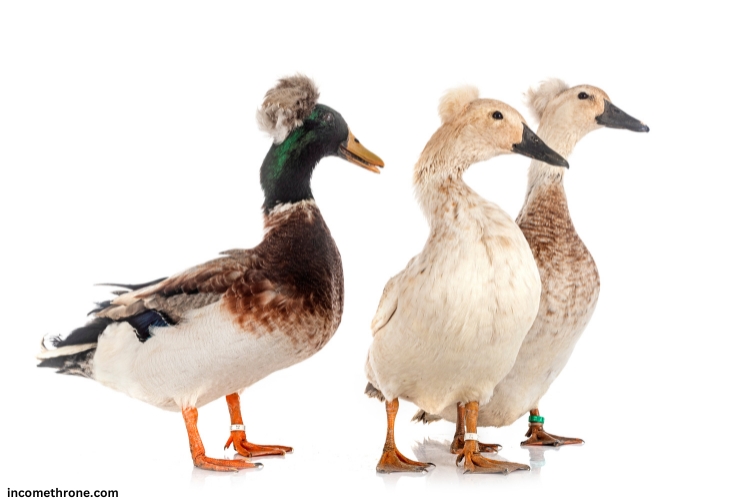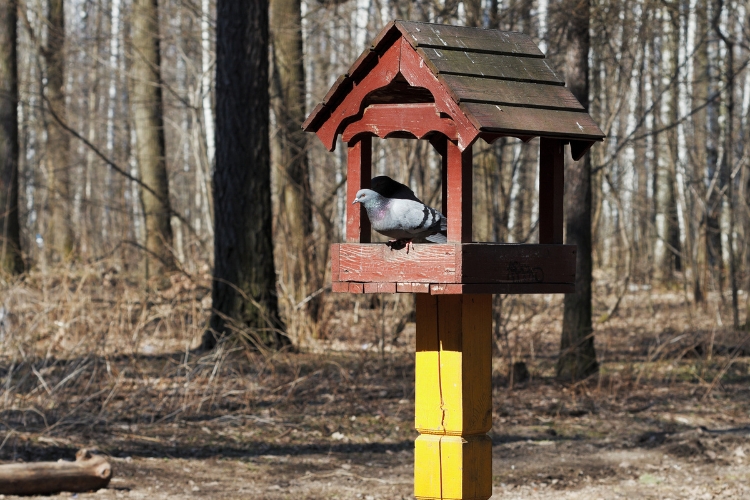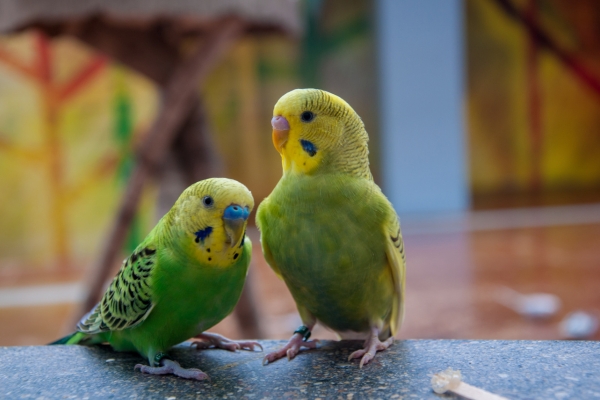Small bird breeds have captured the hearts of pet enthusiasts worldwide, offering a delightful combination of charm, intelligence, and compact size.
These pint-sized avian companions are perfect for those living in apartments or with limited space, yet they bring an abundance of personality and joy to any home.
In this blog post, we’ll explore the fascinating world of small bird breeds, their care requirements, and why they make such wonderful pets.
Why Choose a Small Bird Breed?
Small bird breeds offer numerous advantages for potential pet owners:
- Space-efficient: Ideal for apartments or homes with limited room
- Lower maintenance: Generally require less food and smaller cages
- Quieter: Many small breeds are less noisy than their larger counterparts
- Longevity: Some small birds can live for 10-20 years with proper care
- Entertaining: Known for their playful and social personalities
Popular Small Bird Breeds
Let’s dive into some of the most beloved small bird breeds that make excellent pets:
1. Budgerigars (Budgies)
Budgerigars, commonly known as budgies or parakeets, are among the most popular small bird breeds worldwide. These Australian natives are known for their vibrant colors and friendly personalities.
- Size: 7-8 inches
- Lifespan: 5-10 years
- Personality: Social, playful, and can learn to mimic human speech
- Care Level: Beginner-friendly
2. Canaries
Canaries are renowned for their melodious songs and bright yellow feathers, although they come in various colors.
- Size: 5-8 inches
- Lifespan: 10-15 years
- Personality: Generally gentle and less hands-on than other small birds
- Care Level: Intermediate
3. Finches
Finches are active, social birds that thrive in pairs or small groups. They’re known for their quick movements and cheerful chirping.
- Size: 4-6 inches
- Lifespan: 5-10 years
- Personality: Energetic, social with other finches, less interactive with humans
- Care Level: Beginner to intermediate
4. Lovebirds
These small parrots are named for their strong pair bonds and affectionate behavior towards their mates.
- Size: 5-7 inches
- Lifespan: 10-15 years
- Personality: Affectionate, playful, can be territorial
- Care Level: Intermediate
5. Parrotlets
Often called “pocket parrots,” parrotlets are the smallest parrot species commonly kept as pets.
- Size: 4-5 inches
- Lifespan: 15-20 years
- Personality: Energetic, bold, can be nippy if not properly socialized
- Care Level: Intermediate to advanced
Caring for Small Bird Breeds
Proper care is essential for the health and happiness of small bird breeds. Here are some key aspects to consider:
Housing
Provide a spacious cage that allows your bird to spread its wings and fly short distances. The cage should include:
- Multiple perches of varying diameters
- Toys for mental stimulation
- Food and water dishes
- A cage cover for nighttime
Diet
A balanced diet is crucial for small birds. Generally, it should consist of:
- High-quality commercial seed mix or pellets (70-80% of diet)
- Fresh fruits and vegetables (20-30% of diet)
- Occasional treats (less than 10% of diet)
- Clean, fresh water daily
Exercise and Enrichment
Small birds need regular exercise and mental stimulation:
- Allow supervised out-of-cage time daily
- Provide a variety of toys, rotating them regularly
- Offer puzzle feeders to encourage foraging behavior
- Interact with your bird through training sessions and play
Health Care
Regular veterinary check-ups are essential:
- Annual health examinations
- Nail and beak trimming as needed
- Watch for signs of illness (lethargy, changes in droppings, loss of appetite)
Comparison of Small Bird Breeds
Here’s a quick comparison table of the small bird breeds discussed:
| Breed | Size (inches) | Lifespan (years) | Noise Level | Interaction Level | Care Level |
|---|---|---|---|---|---|
| Budgies | 7-8 | 5-10 | Moderate | High | Beginner |
| Canaries | 5-8 | 10-15 | Low | Low | Intermediate |
| Finches | 4-6 | 5-10 | Low | Low | Beginner |
| Lovebirds | 5-7 | 10-15 | Moderate | High | Intermediate |
| Parrotlets | 4-5 | 15-20 | Low | High | Intermediate |
Choosing the Right Small Bird Breed for You
When selecting a small bird breed as a pet, consider the following factors:
- Time commitment: Some breeds require more interaction and attention than others.
- Noise tolerance: While generally quieter than larger birds, some small breeds can be vocal.
- Handling preferences: Some birds enjoy being handled, while others prefer to be admired from afar.
- Longevity: Consider the lifespan of the bird and your ability to provide long-term care.
- Living situation: Ensure your living space can accommodate the bird’s needs, including cage size and out-of-cage time.
Training and Socialization
Many small bird breeds are intelligent and can learn tricks or even mimic speech. Here are some tips for training and socializing your small bird:
- Start training early and be consistent
- Use positive reinforcement techniques
- Keep training sessions short (5-10 minutes)
- Socialize your bird with different people to prevent bonding to only one person
- Be patient and respect your bird’s boundaries
Common Health Issues in Small Bird Breeds
While generally hardy, small birds can experience health issues. Be aware of:
- Respiratory infections
- Mites or lice infestations
- Egg binding in females
- Nutritional deficiencies
- Overgrown beaks or nails
Regular vet check-ups and a clean environment can help prevent many of these issues.
Creating a Bird-Friendly Home
To ensure your small bird’s safety and comfort:
- Remove potential hazards like toxic plants, open windows, or ceiling fans
- Provide a variety of perches and play areas
- Ensure the room temperature is stable (65-75°F is ideal for most small birds)
- Offer natural light, but avoid direct sunlight
- Keep the cage away from drafts and air conditioning vents
Conclusion
Small bird breeds offer a world of joy, companionship, and entertainment in a compact package. Whether you’re drawn to the cheerful chirping of canaries, the playful antics of budgies, or the affectionate nature of lovebirds, there’s a small bird breed to suit every preference and lifestyle.
By providing proper care, attention, and love, you can create a fulfilling relationship with your feathered friend that will bring happiness for years to come.
Remember, owning a bird is a significant responsibility. Before bringing a small bird into your home, research thoroughly, consult with avian veterinarians, and ensure you’re prepared for the commitment. With the right preparation and care, a small bird can become a cherished member of your family, filling your home with song, color, and companionship.



